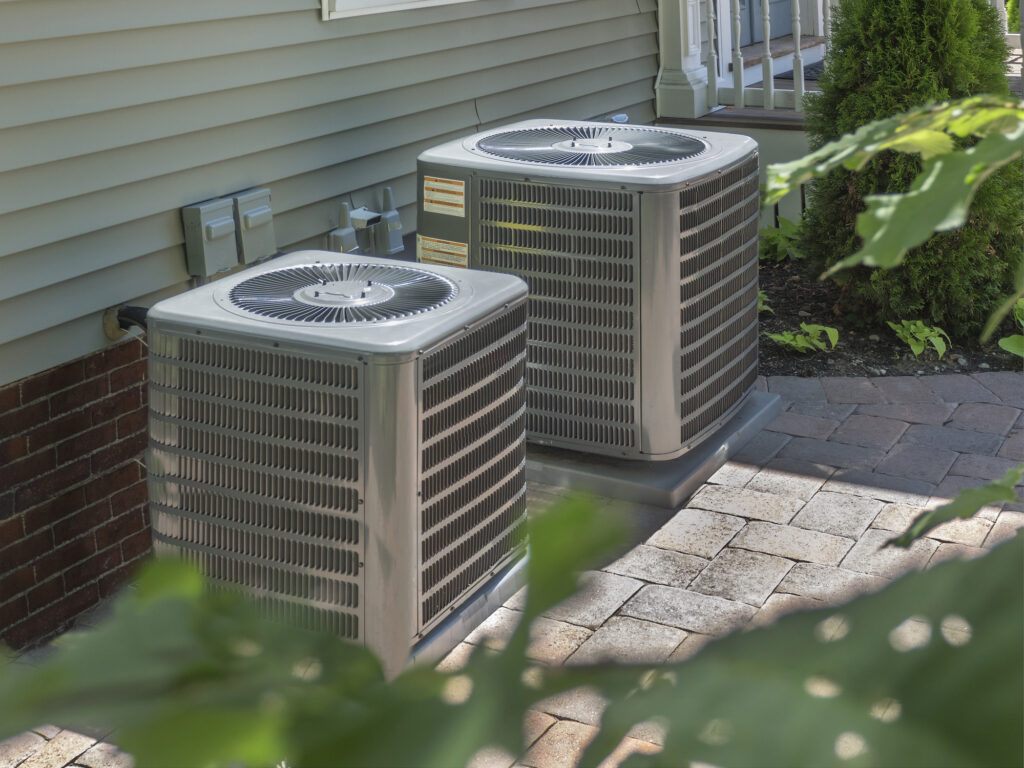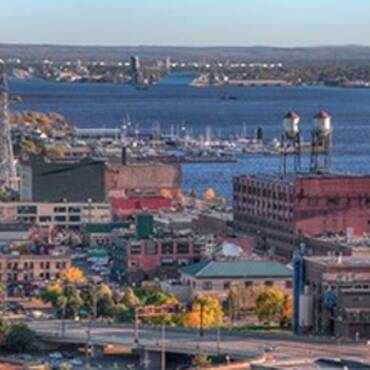There is a fairly common misconception among homeowners that the bigger the AC system you get for your home, the better it will perform. Unfortunately, this is just not the case. Oversized air conditioning systems can lead to unnecessary costs and a unit that doesn’t function properly.
When it is time to replace your air conditioner in Denver or the surrounding area, you want to select equipment that is correctly matched to your home, to provide the cooling that you need for comfort through our hot summers. When sizing equipment we consider the number of people living in the home, the height of the ceilings, the number of windows, how much electronic equipment is used…and more!
Continue reading to learn more about the importance or having a properly-sized AC unit or just call our Denver HVAC experts for help today!
What We Mean by “Too Big” of an Air Conditioner
When we say an air conditioner may be too big for your home, we’re referring to the system’s tonnage. Tonnage is important when sizing an air conditioner—it tells us if the system is powerful enough for your home without being too powerful.
It can be a confusing term, as many people assume tonnage means the weight of the system. But tonnage doesn’t have anything to do with weight. Rather, it means how much heat an air conditioning system can remove from a home in a one-hour period, which is measured in BTUs (British Thermal Units). An air conditioner that is one ton can remove 12,000 BTUs of heat per hour. Each ton is an additional 12,000 BTUs.
The more tonnage an air conditioner has, the more air it can cool down. Why then, wouldn’t you want the most powerful tonnage you can afford?
The Problem with Too Much Tonnage
First off, there’s a myth that the lower you turn down the thermostat, the faster it will cool down your living space. More tonnage has nothing to do with the speed your cooling system works. It’s a measure of capacity. Some of the problems with too much tonnage include:
- The System Will Short-Cycle: Short-cycling is the term given to an air conditioner when the compressor cycles on and off in rapid succession. It never allows the cooling system to go through a full cycle, and therefore drains the energy much faster. This is damaging to the AC plus it costs you more on your monthly energy bills.
- Your Ducts May Be Undersized: Oftentimes, when we run into an oversized air conditioner, it was replaced where the right-sized air conditioner once stood. If you have a ducted system, this can be a problem. The dimensions of the ductwork were sized originally for the smaller unit, and therefore something called high static pressure occurs, which can ultimately damage your entire air conditioning system.
Get Help from Denver’s AC Installation Experts
Get the right sized system for your home and family needs by calling Bell Plumbing, Heating, Cooling & Electrical, the company Denver metro area homeowners have been trusting for nearly a century!
Whether you require installation, repair, or maintenance, our technicians will assist you with top-quality service at any time of the day or night. Take comfort in knowing your indoor air quality is the best it can be with MOE heating & cooling services Ontario's solution for heating, air conditioning, and ventilation that’s cooler than the rest.
Contact us to schedule a visit. Our qualified team of technicians, are always ready to help you and guide you for heating and cooling issues. Weather you want to replace an old furnace or install a brand new air conditioner, we are here to help you. Our main office is at Kitchener but we can service most of Ontario's cities
Source link




Add Comment